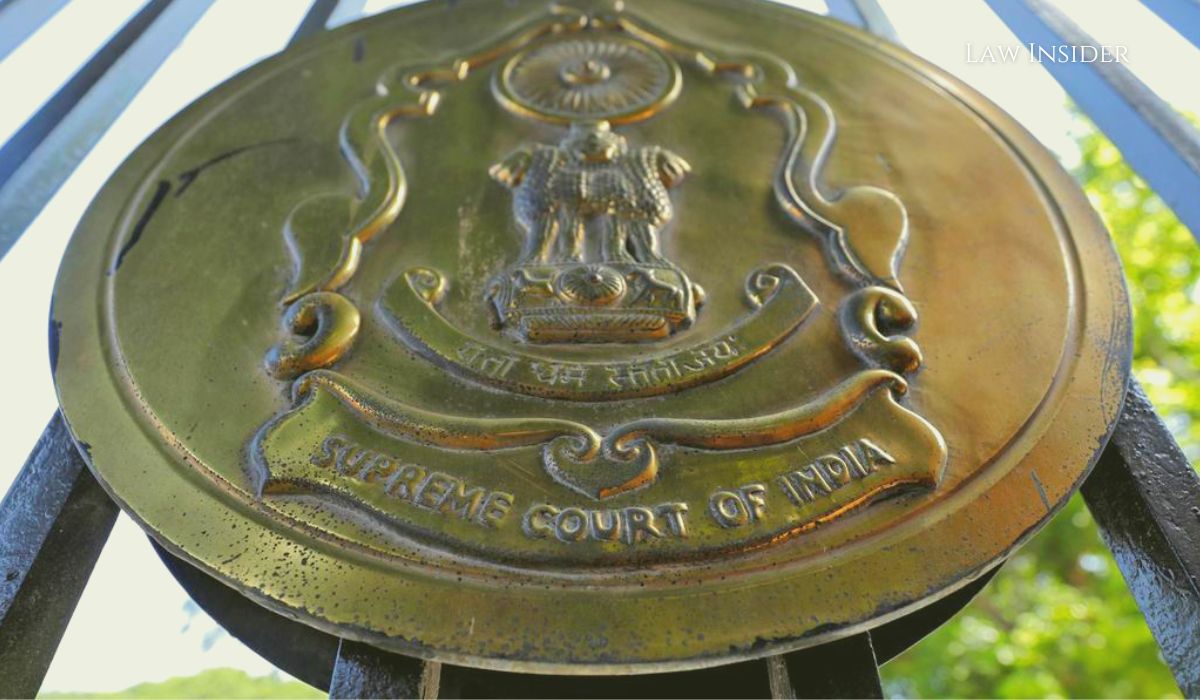Sakina Tashriwala
Published on: 27 November 2022 at 18:41 IST
The Supreme Court‘s 1993 decision that mosque imams get compensation was deemed to be in “violation of the Constitution” by the Central Information Commission (CIC), which also said that the decision not only created a “wrong precedent” but also sparked an unneeded political brawl.
Information Commissioner, Uday Mahurkar noted that the Supreme Court’s order violated the constitutional provision that taxpayers’ money will not be used for the promotion and maintenance of a particular religion while hearing an RTI application filed by an activist seeking information about salaries paid to imams by the Delhi government and the Delhi Waqf Board.
On a petition by the All India Imam Organization, the Supreme Court’s Justice RM Sahay bench ordered the Waqf boards to pay the imams of mosques adequate remuneration in 1993.
The policy of providing “special privileges to the Muslim community before 1947 that played a crucial role in promoting pan-Islamic and fissiparous inclinations among a segment of Muslims ultimately leading to the nation’s split,” according to the CIC order, was the cause of the country’s division.
Giving salary to imams and others who work exclusively in mosques is therefore a betrayal of the Hindu community and other non-Muslim Minority religions, as well as a promotion of pan-Islamist inclinations among those Indian Muslims who are already showing them.
In fact, actions like the one made in this case, which grants exclusive religious benefits to the Muslim minority, have a negative impact on interfaith harmony since they foster hatred of Muslims as a whole among some ultra nationalists.
The CIC ordered that a copy of its order be sent to the Union law minister along with the appropriate action to ensure that the provisions of Articles 25 to 28 of the Constitution are enforced in letter and spirit to maintain equality among all religions in terms of monthly remuneration to priests of various religions at the expense of the public exchequer, both central and state.
Regarding the Supreme Court’s decision in the case of “All India Imam Organization and… vs. Union of India and Ors” on May 13, 1993, which allowed only imams and muezzins in mosques to receive special financial benefits from the public treasury, the commission notes that the ruling violated the Constitution’s provisions, particularly Article 27, which states that taxpayer money will not be used for personal gain.
The commissioner further stated that the aforementioned decision “sets a negative precedent in the nation.” Moreover “… it has grown into a source of needless political dispute and social unrest in the society.”
The panel ordered the Delhi chief minister’s office to respond to questions from the RTI application and to disclose comprehensive information, including all pertinent documents, regarding honoraria paid to imams and other individuals in mosques in the Capital.
The Commission further directs CPIO, Delhi Wakf Board, to provide compensation to the appellant in the amount of Rs. 25,000, taking into account the mental anguish he endured and the man hours and resources he lost as a result of DWB’s almost nine-month stonewalling of the information.

